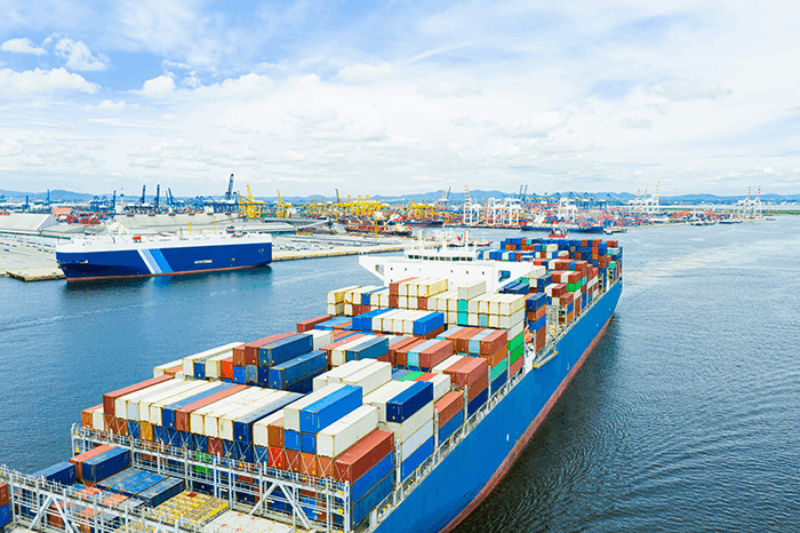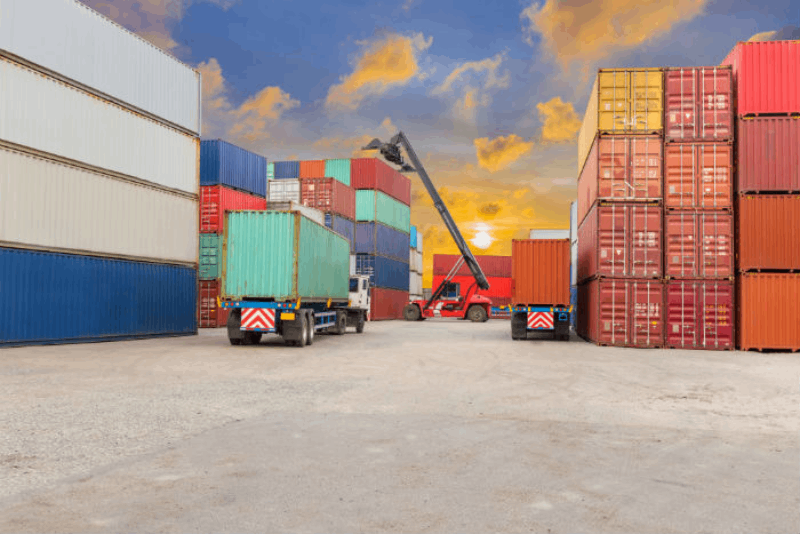Welcome to GLA! Leading the global logistics alliance.


Your location:Home > News > With the strike in German ports, container freight from Asia to northern Europe may soar
Time:2022-06-14 Publisher:Kevin Num:6694

Recently, the shipping market is very lively. Port congestion, workers' strike and shipping boom have become the main melody of the market.
Recently, the trade union representing the dock workers in Hamburg Port, the third largest port in Europe, and other places held a large strike, which they said was a warning to employers.
The unions demanded compensation for inflation, and it was reported that their demand increased by 14% in one year, while employers provided 7% in two years.
Negotiations with the workers continue in Germany, and it is expected that the work will continue after a short suspension. ZDS (zentralverband der Deutschen SEEH ä Fen EV) expressed "very little understanding" of the warning strike against wages.
However, some German enterprises pointed out that at present, almost all import and export goods are carried out through ports. The strike will limit both rail and truck traffic.
As the Nordic hub ports have long faced the threat of yard congestion and strike action from dock workers, the spot freight of containers from Asia to northern Europe may soar in the coming weeks.
According to the data of Ningbo Container Freight Index (NCFI), the freight rate from Asia to Europe reflects "the market supply and demand fundamentals are stable", so there is little change this week.
The Nordic readings from the FBX, WCI and XSI indices were $10692, $9799 and $10414 per 40 feet, respectively.

Although the latest data from CTS shows that the import volume of Europe decreased by 8% in April, the main container ports in northern Europe have been filled with imported containers from Asia, and the yard density has increased from 80% to 90%.
This week, Maersk and MSC of 2m alliance decided to add an additional port of call for their two Asia northern Europe lines in zebrukh to ease the pressure on Antwerp and Rotterdam ports.
However, this week's "warning strike" by the workers at the container ports in northern Germany, as well as the threat of increased strike action in these ports and other Nordic hubs, is not good news for the upcoming peak season supply chain in Germany.
At the same time, CTS data of North American ports in April was unexpectedly strong, with an increase of 1%. In addition, with the end of the annual contract season, operators seem to have succeeded in locking bcos into significantly increased transactions.
While the long-term rate index of trade routes of Xeneta, a maritime benchmark company, rose sharply by 205% year-on-year.
Prev:Welcome! Membership Renewal from Costa Rica ———— ATLANTIC EXPRESS COSTA RICANext:Welcome! New Golden Member from Australia ———— Global Consolidation Services Pty Ltd
Recommended Membership
Latest News